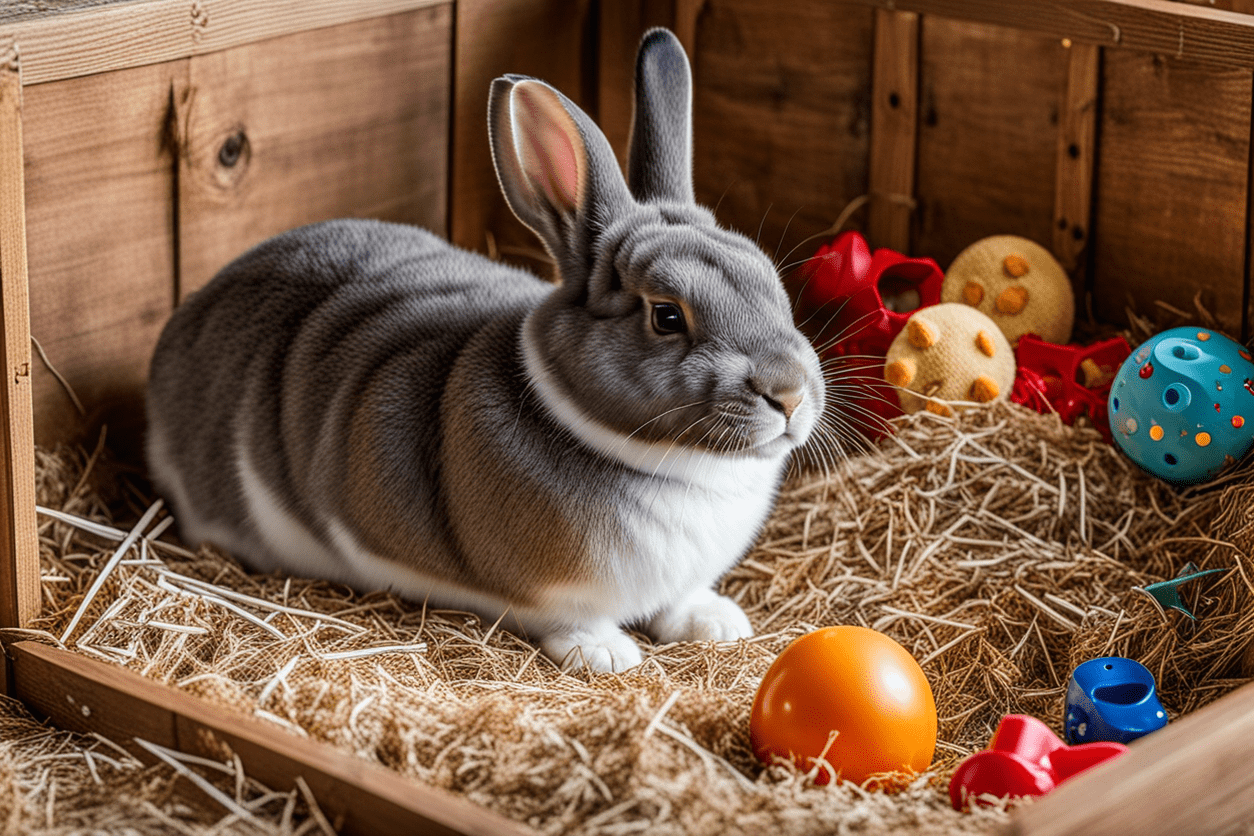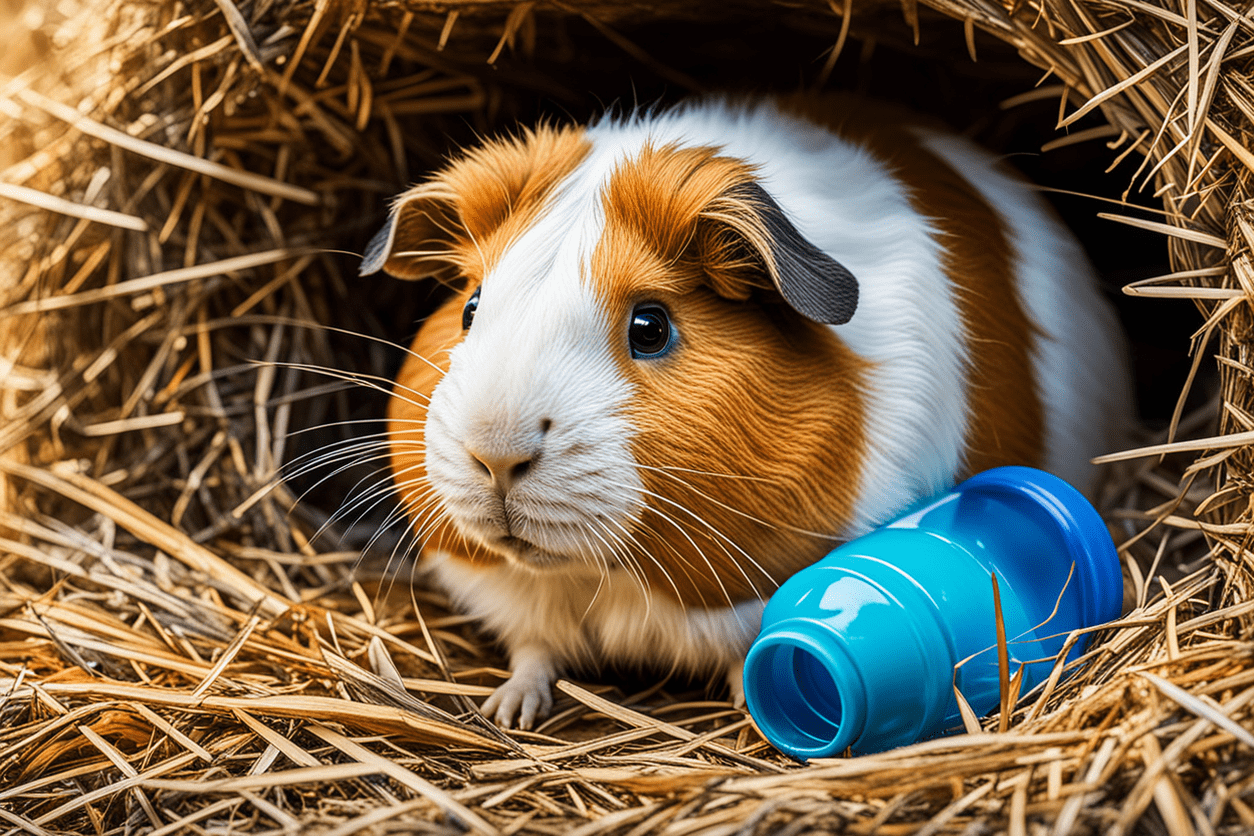The Enchanting Birman Cat: History, Care, and Personality Traits

Introduction
The Birman cat, often referred to as the "Sacred Cat of Burma," is a breed that captivates with its striking appearance and endearing personality. This breed is renowned for its striking blue eyes, silky coat, and affectionate nature. Known for a mystique that suggests a sacred lineage, the Birman cat has become an adored member of many households worldwide. Its gentle demeanor and unique looks contribute to its rising popularity.
History and Origin
The origin of the Birman cat is shrouded in legend. It is believed to have been the temple cat of the Kittah priests in Burma (now Myanmar). According to folklore, these cats gained their distinct appearance as a reward for protecting their temple and their priest from invaders. The breed was first imported to France in the early 20th century, where it quickly endeared itself to European cat fanciers. The Birman was recognized by French cat associations in the 1920s and eventually received recognition from other international cat registries, including the Cat Fanciers' Association (CFA) in the United States.
Physical Characteristics
Size and Weight: Birmans are medium to large-sized cats, with males typically weighing between 10 to 12 pounds and females between 6 to 10 pounds.
Coat Type and Colors: The Birman boasts a semi-longhaired coat that is silky and soft. They come in various color points, including seal, blue, chocolate, and lilac, among others. Their paws are always white, a characteristic feature known as "gloves."
Distinctive Features: One of the most captivating features of the Birman cat is its deep blue, expressive eyes. Additionally, their ears are medium-sized and rounded, while their tails are plume-like and add to their elegant appearance.
Personality and Temperament
The Birman cat is known for its gentle and affectionate nature. They are friendly and social, making them excellent family pets. Birmans tend to get along well with children, other cats, and even dogs. These cats are playful but not overly hyperactive, striking a balance between being energetic and calm. Birmans are also quite intelligent and can be trained to follow simple commands and even perform tricks. They enjoy interactive play and mentally stimulating activities.
Health and Lifespan
Common Health Issues: Birmans are generally healthy but can be prone to certain genetic disorders such as hypertrophic cardiomyopathy (HCM), a kind of heart disease, and polycystic kidney disease (PKD). Regular check-ups and genetic testing can help in early detection.
Lifespan: The average lifespan of a Birman cat ranges from 12 to 16 years, provided they receive proper care.
Preventive Care: Regular veterinary visits, a balanced diet, and routine health check-ups are vital for maintaining the Birman's health. Vaccinations and parasite prevention should also be part of their healthcare regime.
Grooming and Maintenance
Birmans require moderate grooming. Although their coat does not mat easily, it should be brushed at least twice a week to keep it in good condition. Occasional baths can help keep their coat silky and clean.
Nail trimming: Regular nail trimming should be a part of their grooming routine.
Ear cleaning: Their ears should be checked and cleaned regularly to avoid infections.
Dental care: Dental hygiene is crucial and should include regular brushing and dental check-ups.
Diet: A well-balanced diet rich in high-quality protein is essential for maintaining their overall health and coat condition.
Living Environment
Birmans are versatile and can adapt to various living environments, including apartments and larger homes. They are primarily indoor cats and should be kept indoors to protect them from potential dangers. Birmans enjoy interactive toys and climbing structures, which satisfy their activity needs and curiosity.
Interaction with Family and Children
Compatibility with children: Birmans are affectionate and patient, making them excellent companions for children.
Interaction with other pets: They are also known to get along well with other pets, provided proper introductions are made.
Ideal family type: The Birman cat is well-suited for families of all sizes, singles, and the elderly due to their affectionate and adaptable nature.
Adoption and Breeder Information
When looking to bring a Birman into your home, consider both adoption and purchasing from reputable breeders. Ensure that breeders adhere to ethical practices and provide health guarantees for their kittens.
Tips for finding reputable breeders: Look for breeders who are members of recognized cat fancier associations and have positive reviews.
Adoption considerations: Adoption from a rescue organization is also a benevolent option. Make sure to check the health and temperament assessments.
Cost: The cost of purchasing a Birman cat can range from $400 to $2,000, depending on factors like pedigree and breeder reputation. Adoption fees are generally lower and can range from $75 to $200.
Fun Facts and Trivia
- Legend has it that Birman cats were temple guardians in Burma and received their unique coloration as a divine reward.
- French cat associations first recognized the breed in the 1920s.
- Famous Birmans include "Choupette," the beloved cat of fashion designer Karl Lagerfeld.
Frequently Asked Questions (FAQs)
What is the temperament of a Birman cat?
Birmans are known for their gentle, affectionate, and social temperament. They thrive on human interaction.
How much does a Birman cat cost?
The cost can range from $400 to $2,000, depending on factors like pedigree and breeder.
What is the lifespan of a Birman cat?
Birmans typically live between 12 to 16 years with proper care.
What size is a Birman cat?
They are medium to large-sized, with males weighing between 10 to 12 pounds and females between 6 to 10 pounds.
What colors do Birman cats come in?
They come in various color points like seal, blue, chocolate, and lilac, always with white "gloves" on their paws.
What are common health issues in Birman cats?
Common issues include hypertrophic cardiomyopathy (HCM) and polycystic kidney disease (PKD).
Are Birman cats good with children?
Yes, they are affectionate and patient, making them excellent companions for children.
How often should I groom my Birman cat?
Their coat should be brushed at least twice a week to keep it in good condition.
Can Birman cats live in apartments?
Yes, Birmans can adapt well to apartment living, as long as they have enough interactive toys and climbing structures.
How do Birmans interact with other pets?
They generally get along well with other pets if properly introduced.
Conclusion
In summary, the Birman cat is a captivating breed with its beautiful blue eyes, silky coat, and gentle personality. Whether you are an individual or a family, their affectionate nature makes them a delightful addition to any home. Proper care, regular veterinary visits, and adequate grooming will ensure your Birman stays healthy and happy. If you are considering bringing a Birman cat into your home, make sure to either adopt or purchase from a reputable source to secure a happy and healthy companion.
References and Resources
- CFA (Cat Fanciers' Association): www.cfa.org
- Birman Cat Club: www.birmancatclub.co.uk






